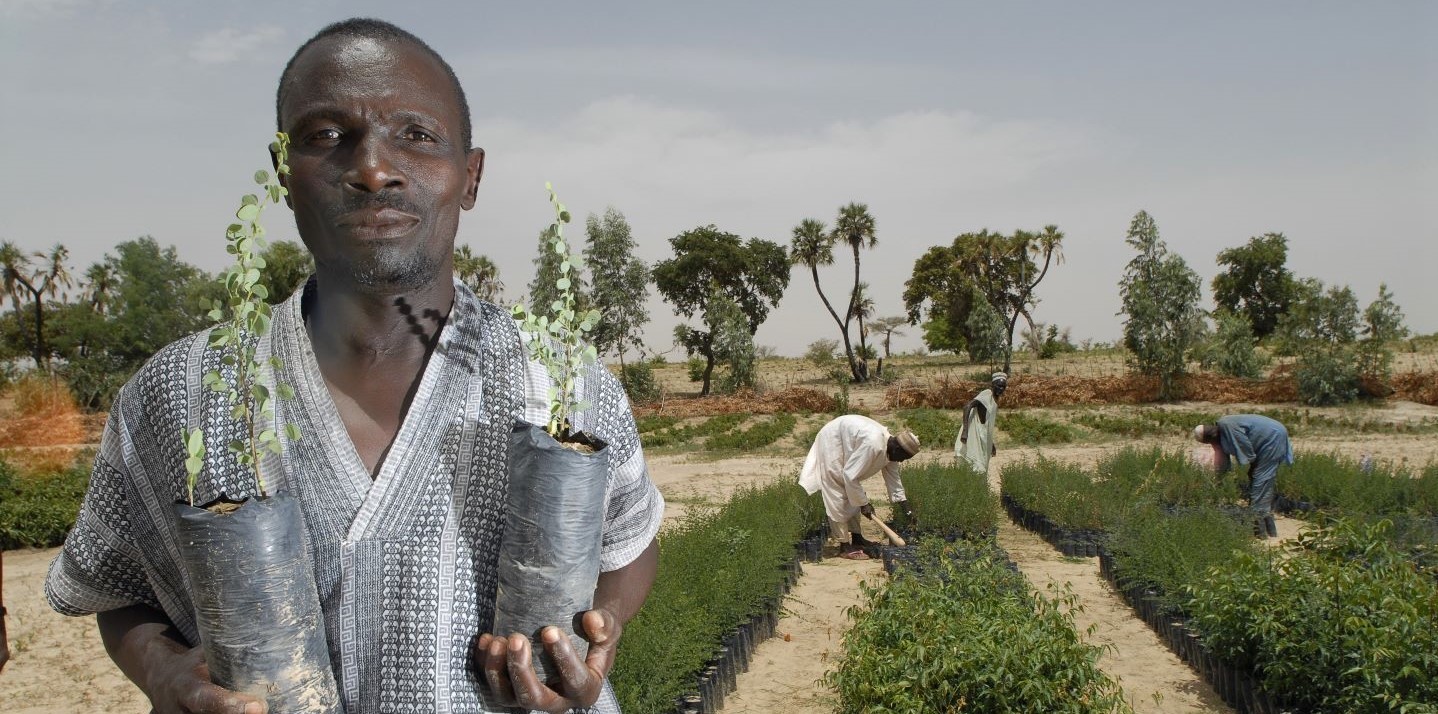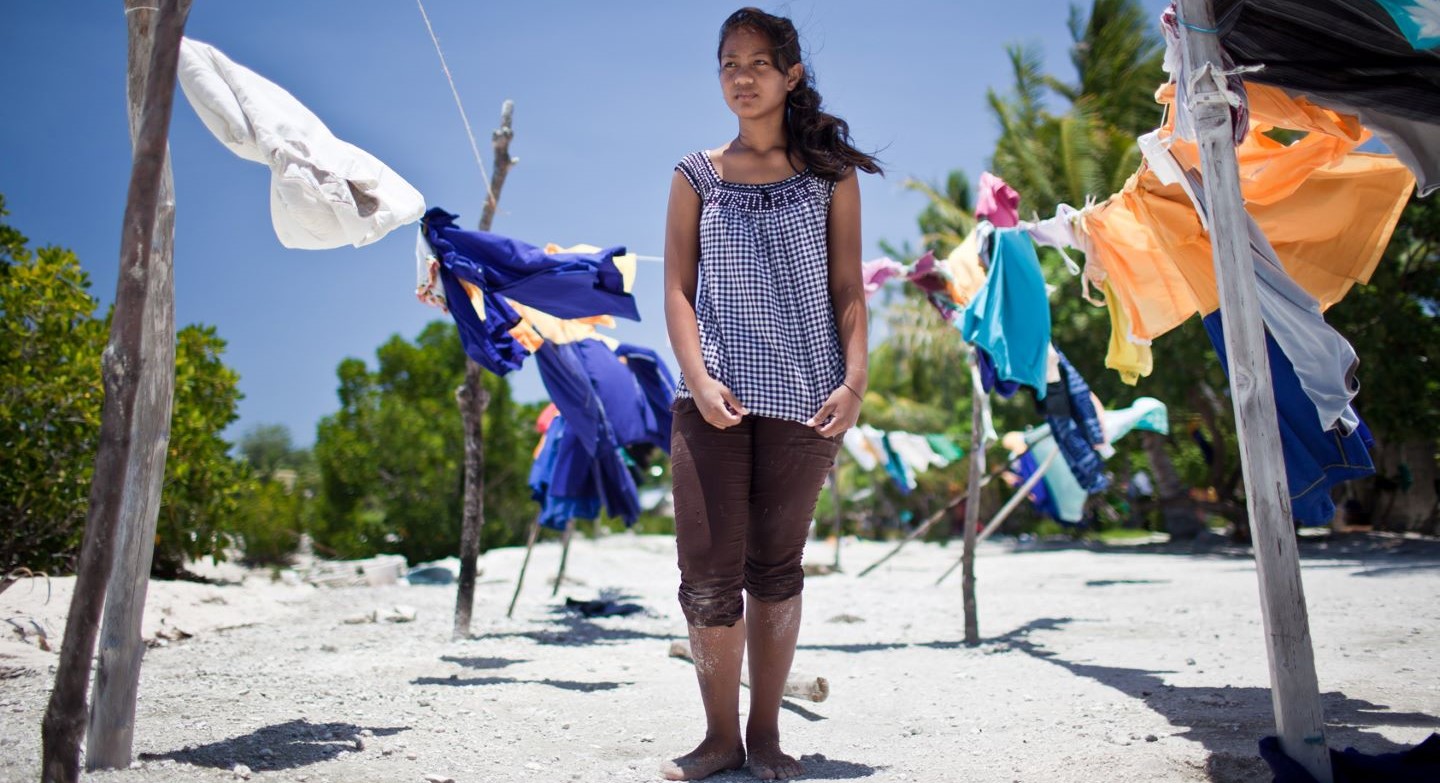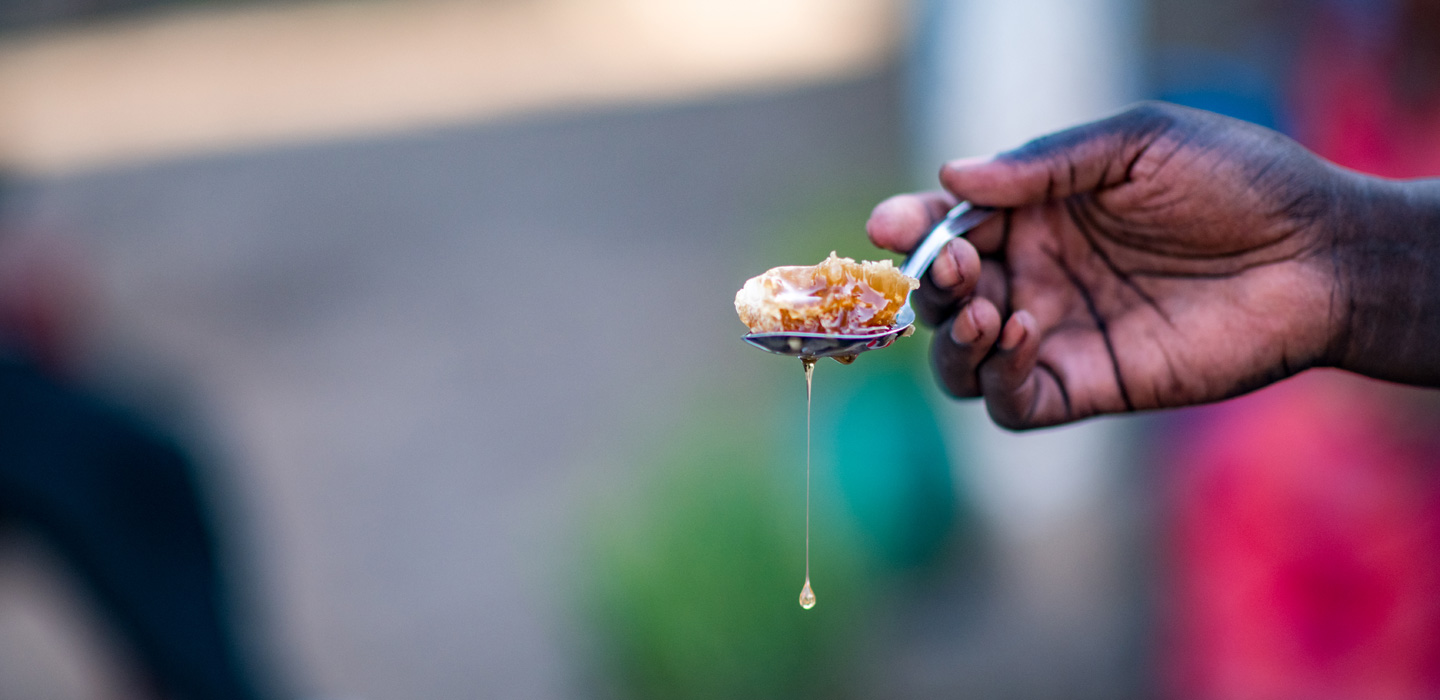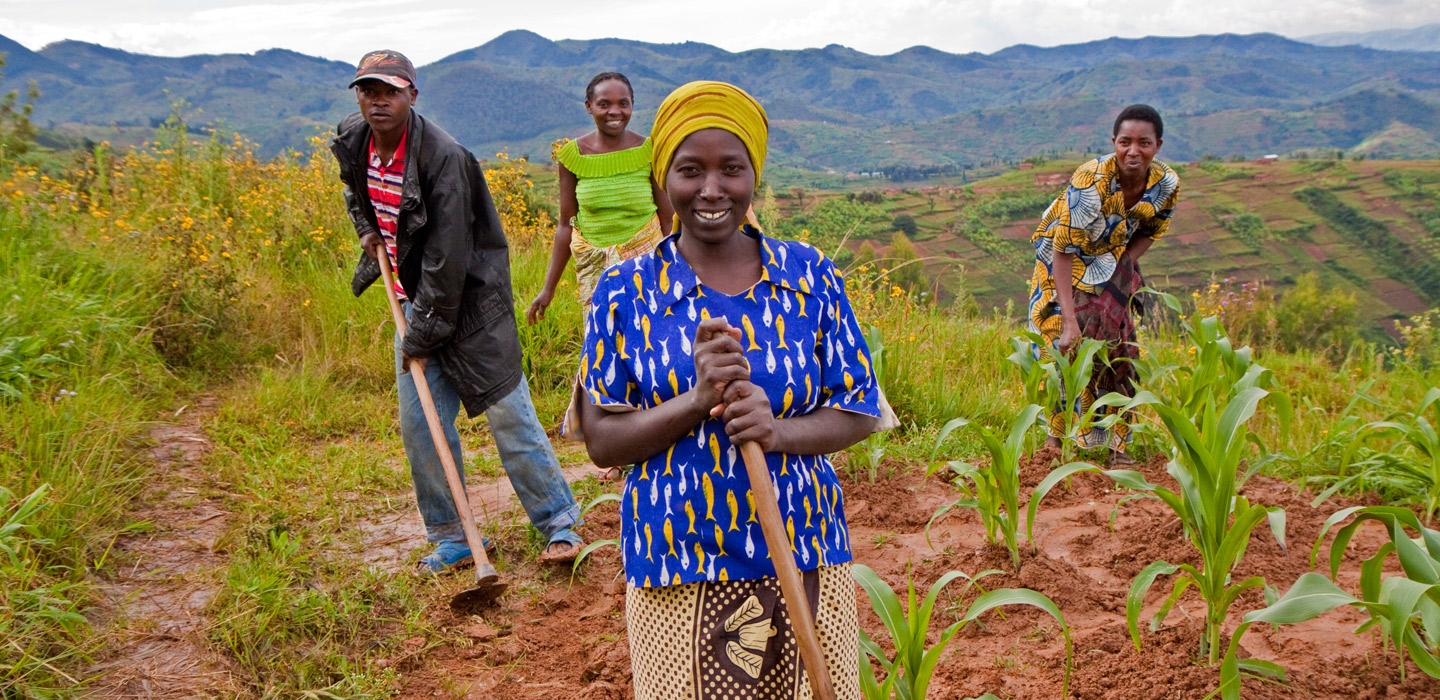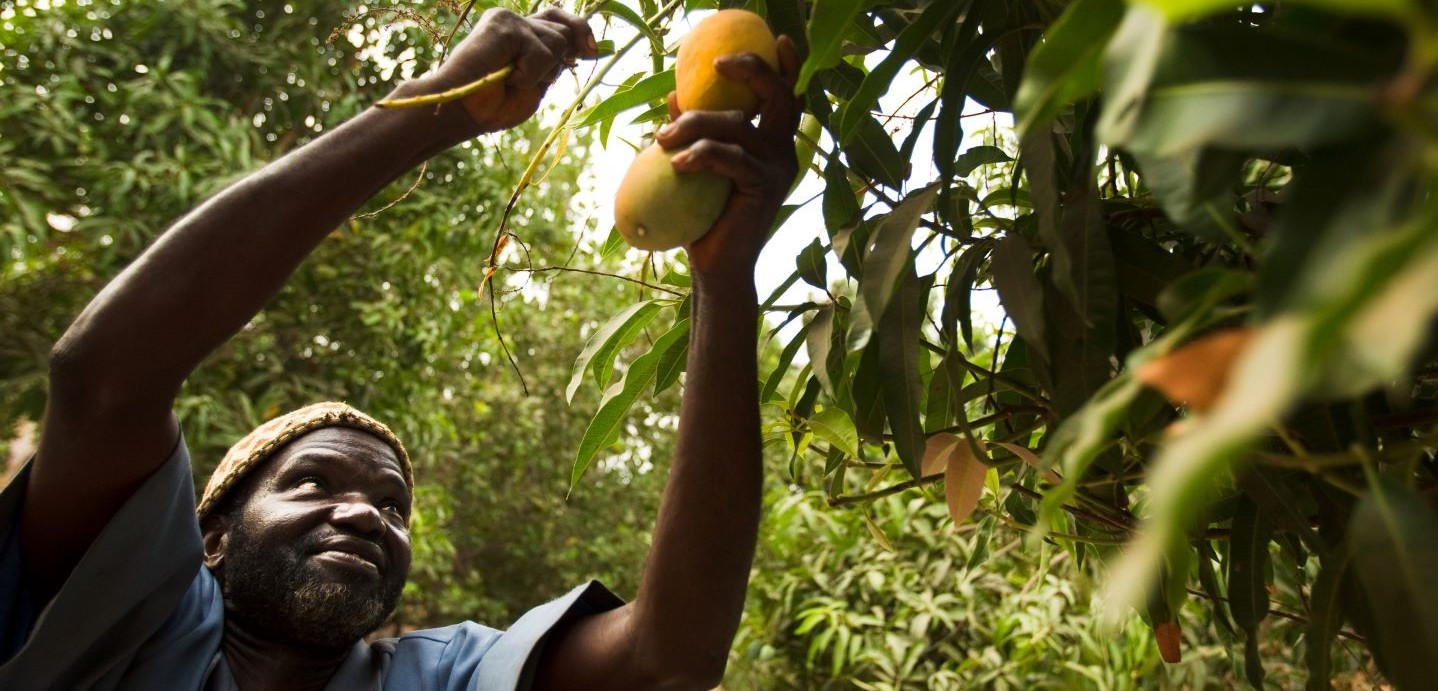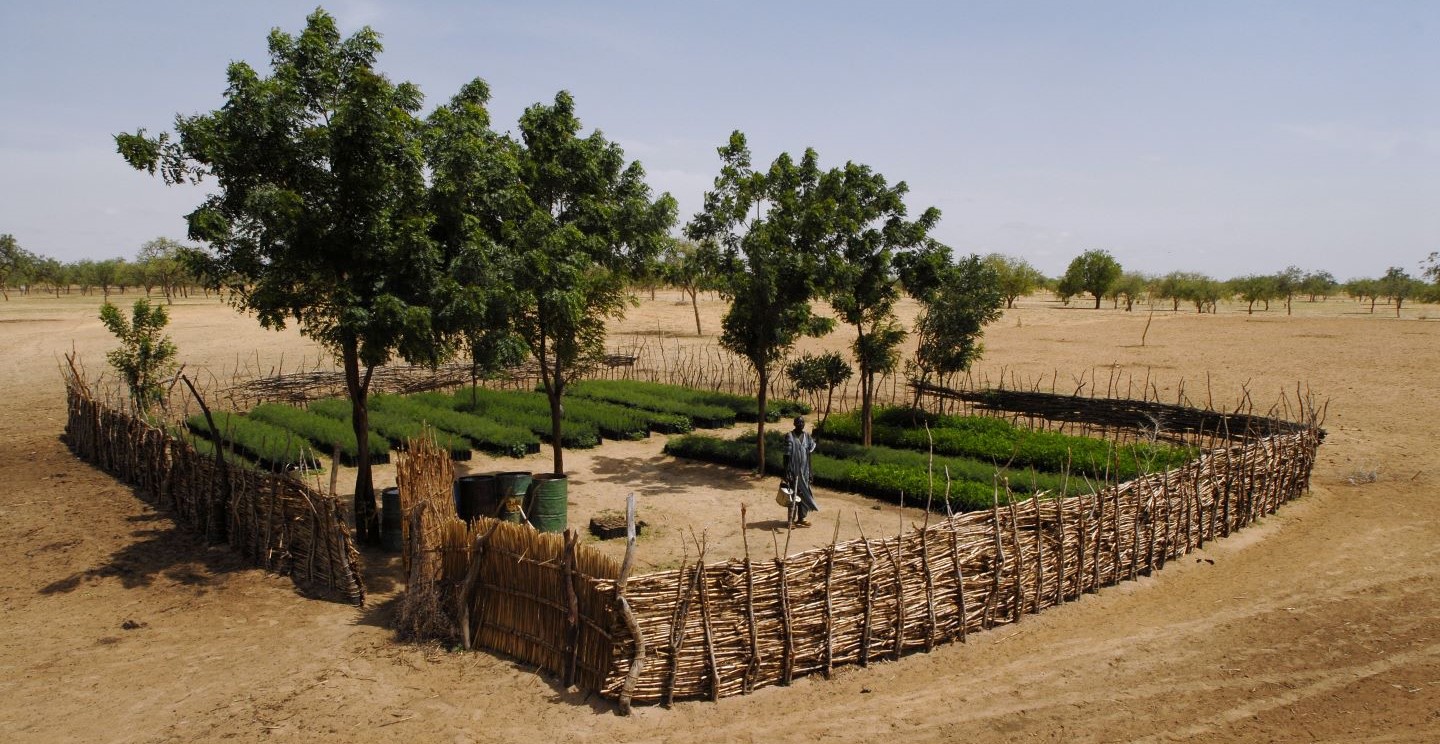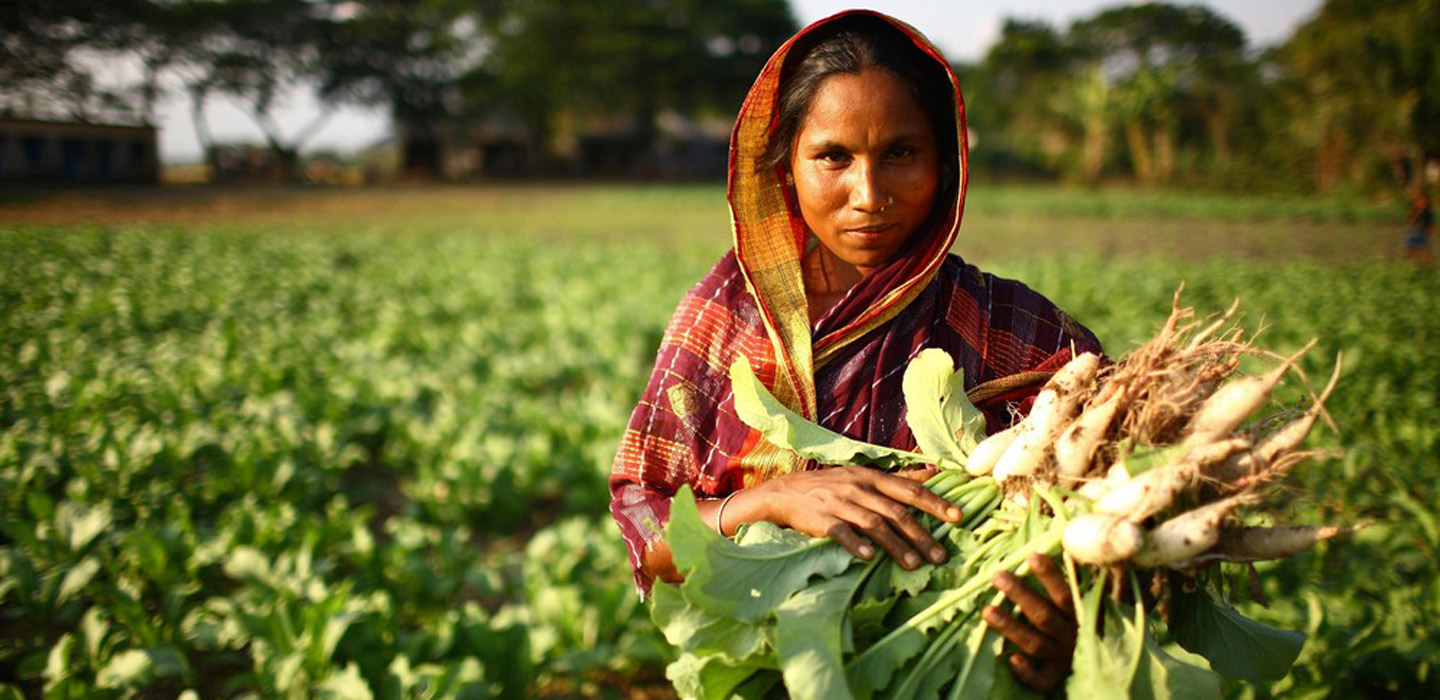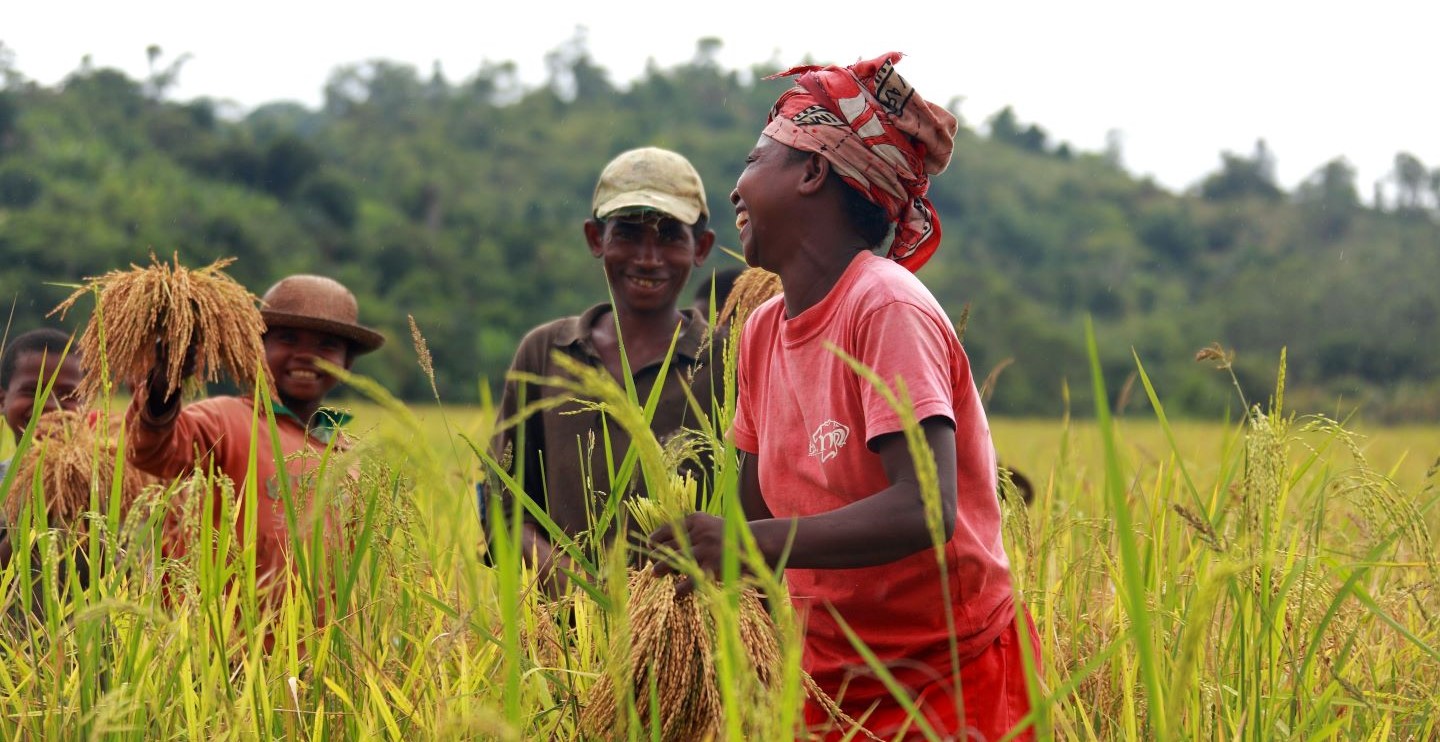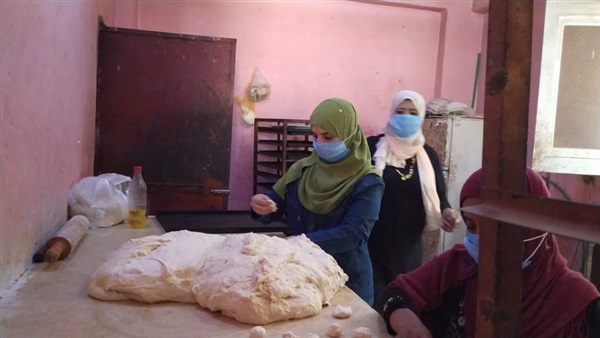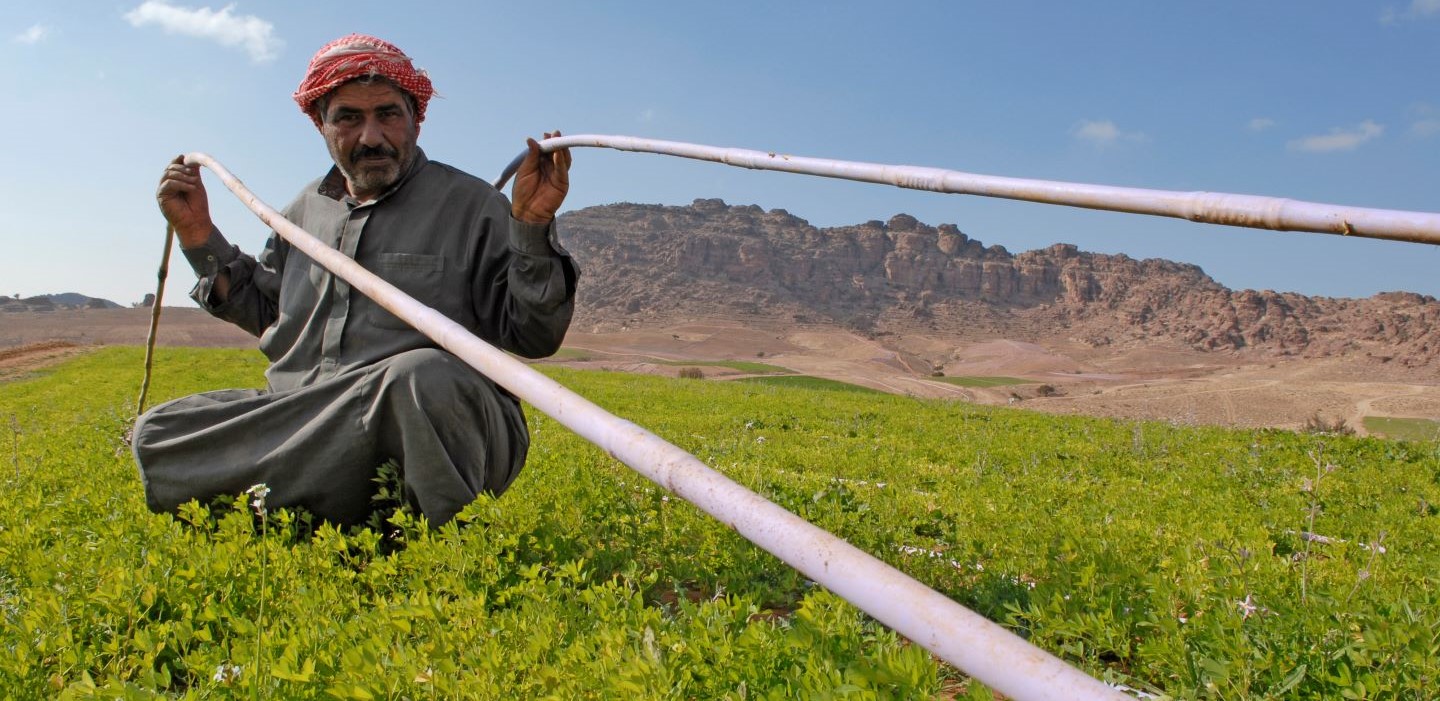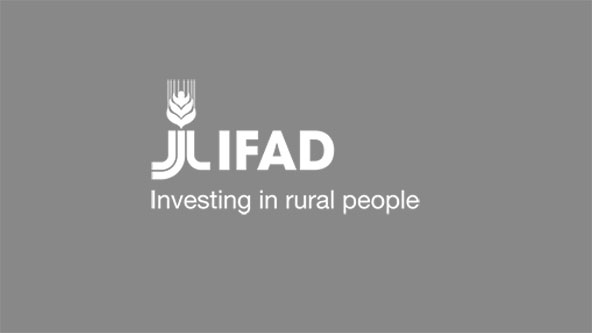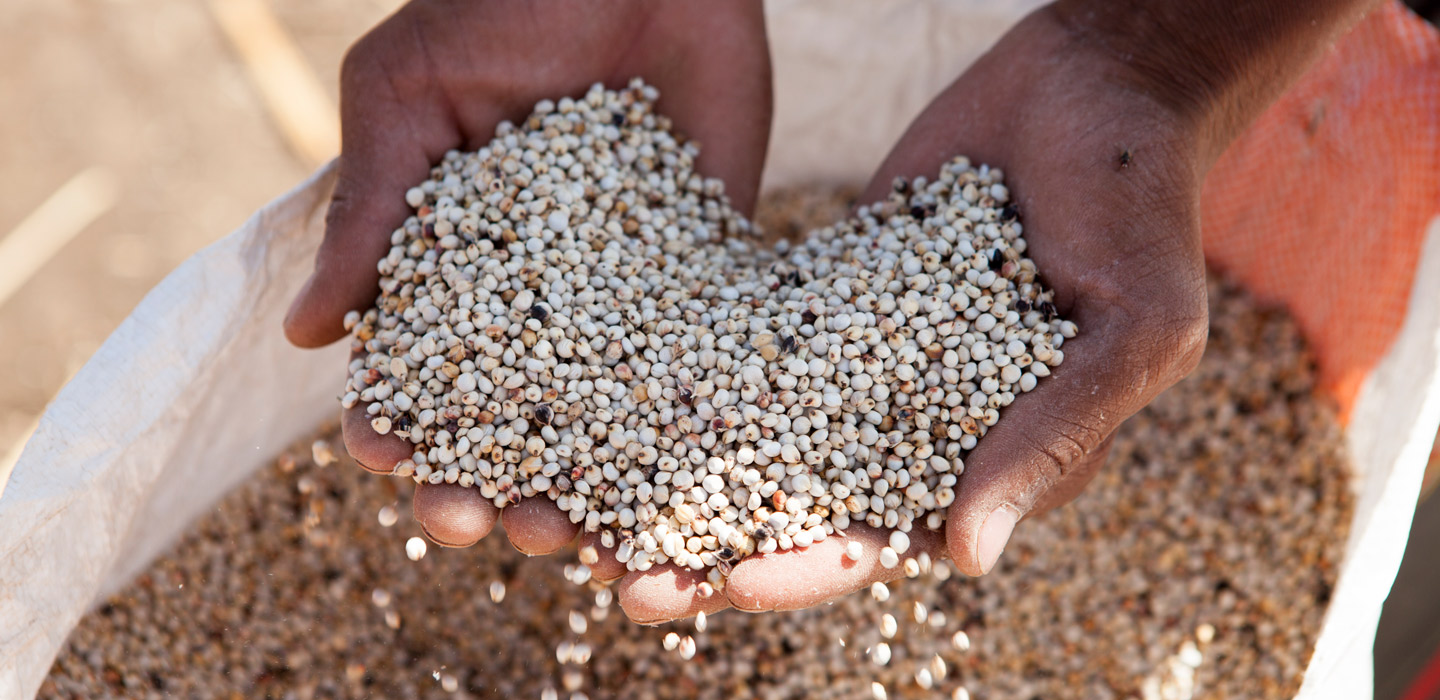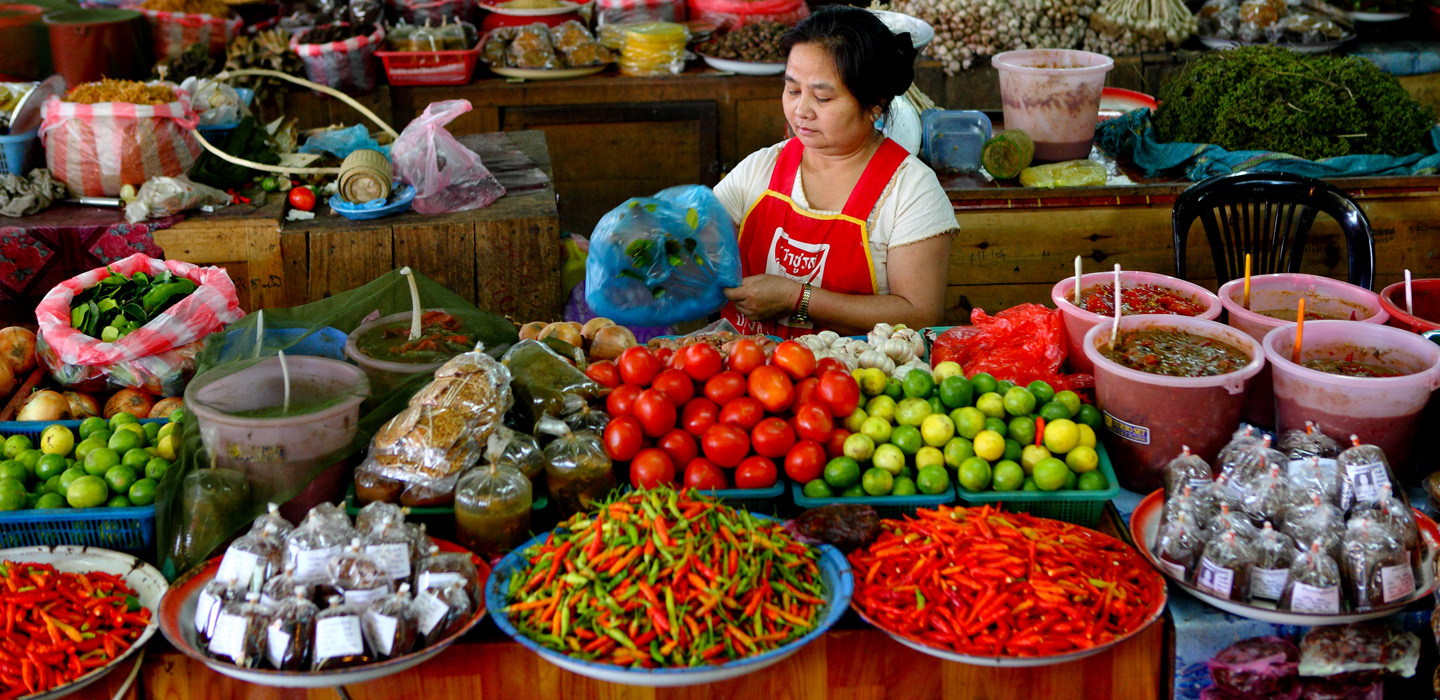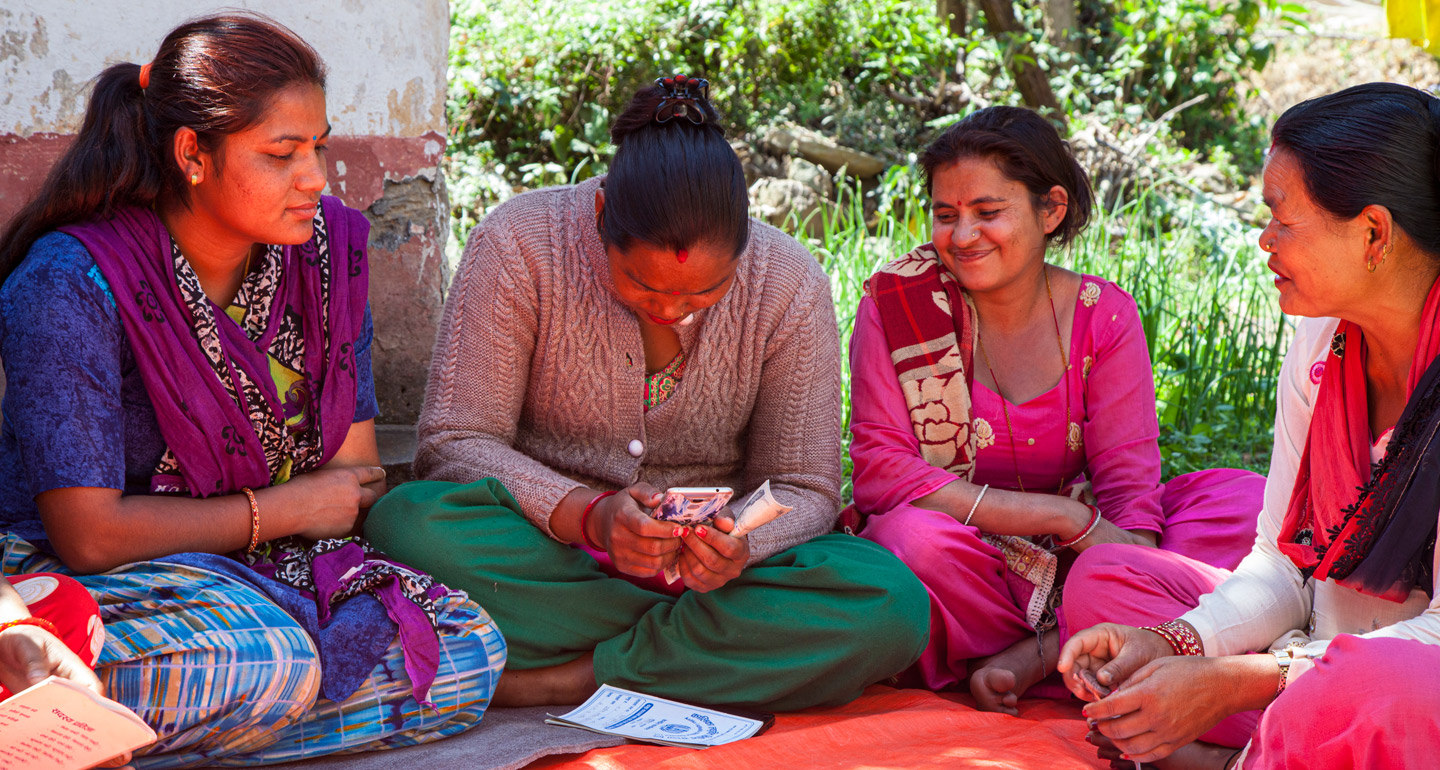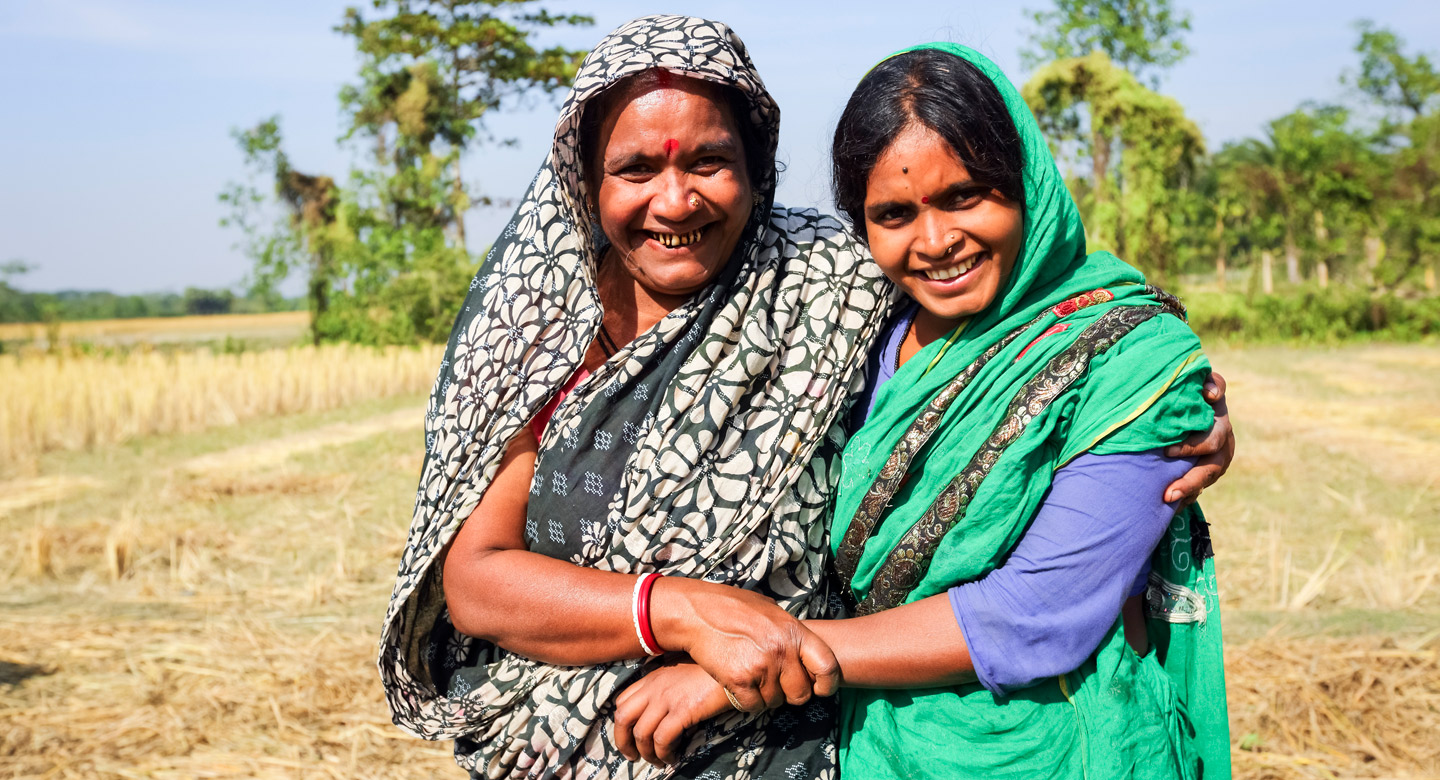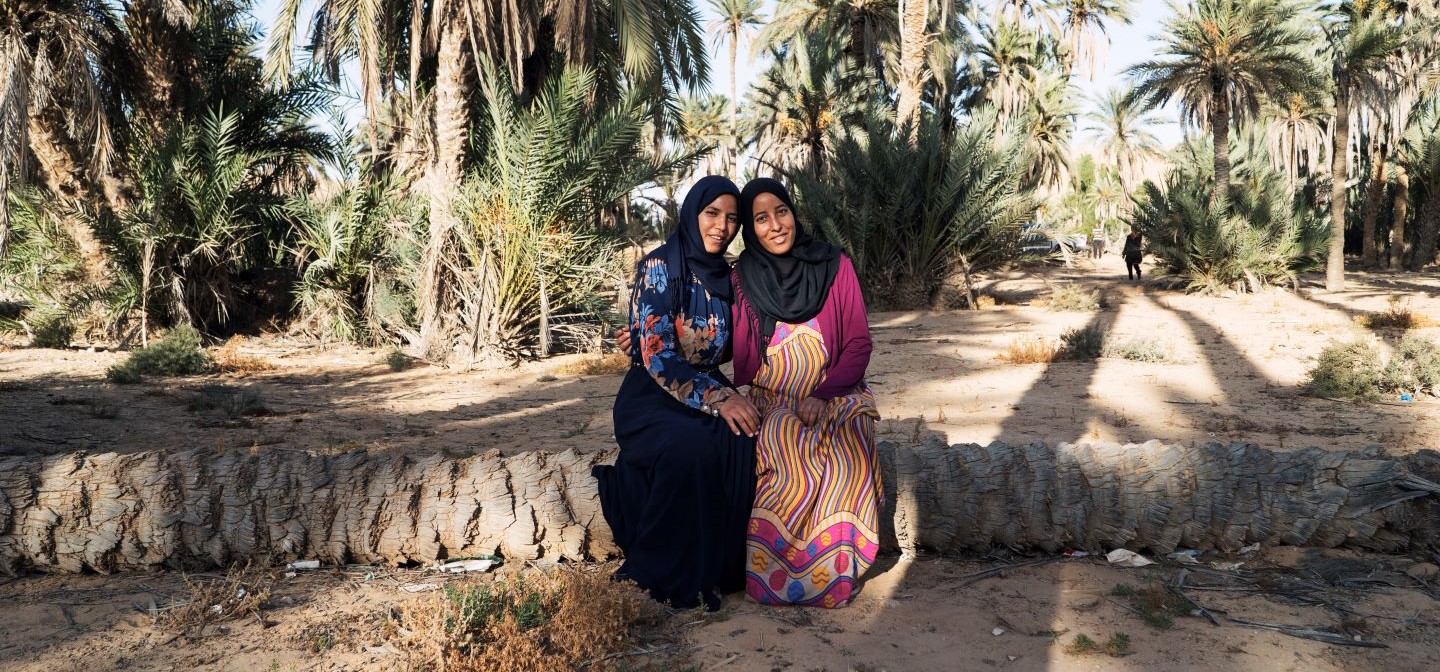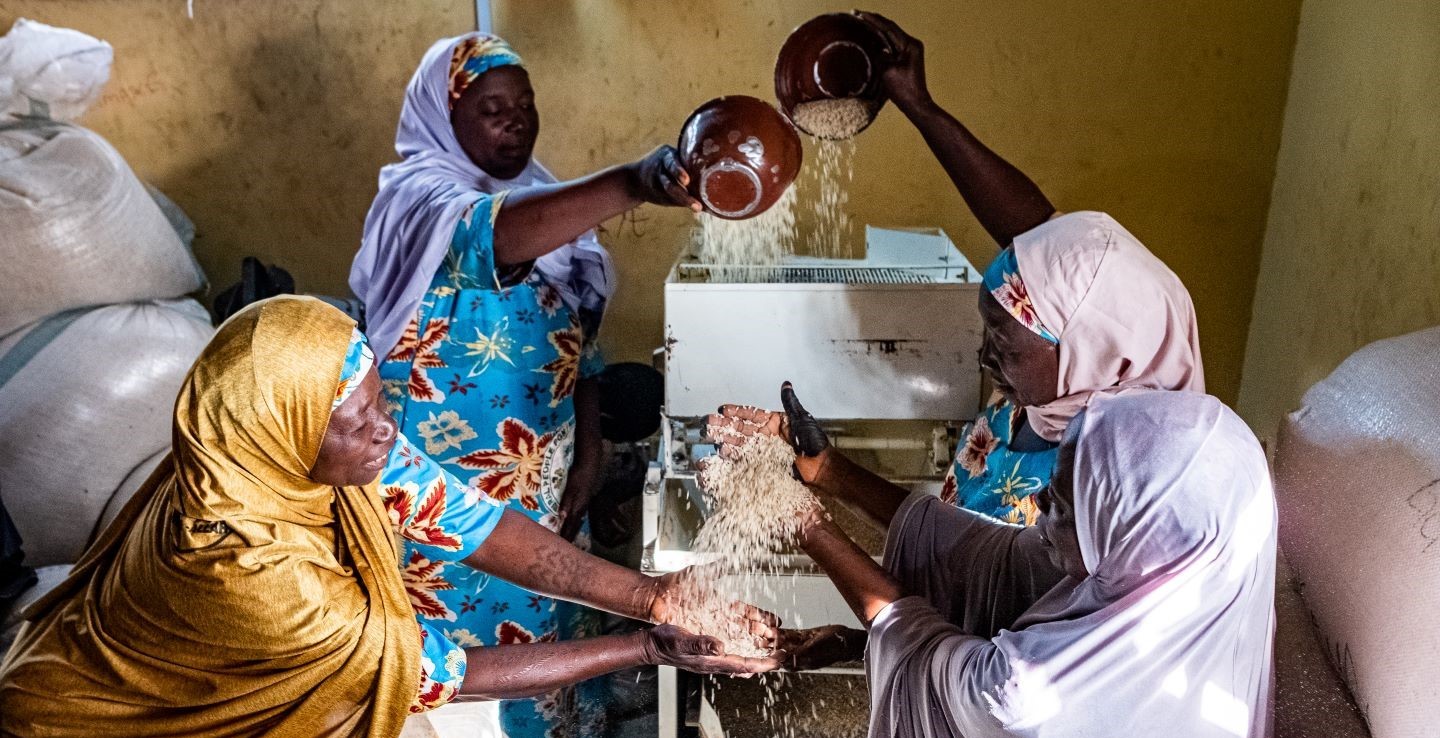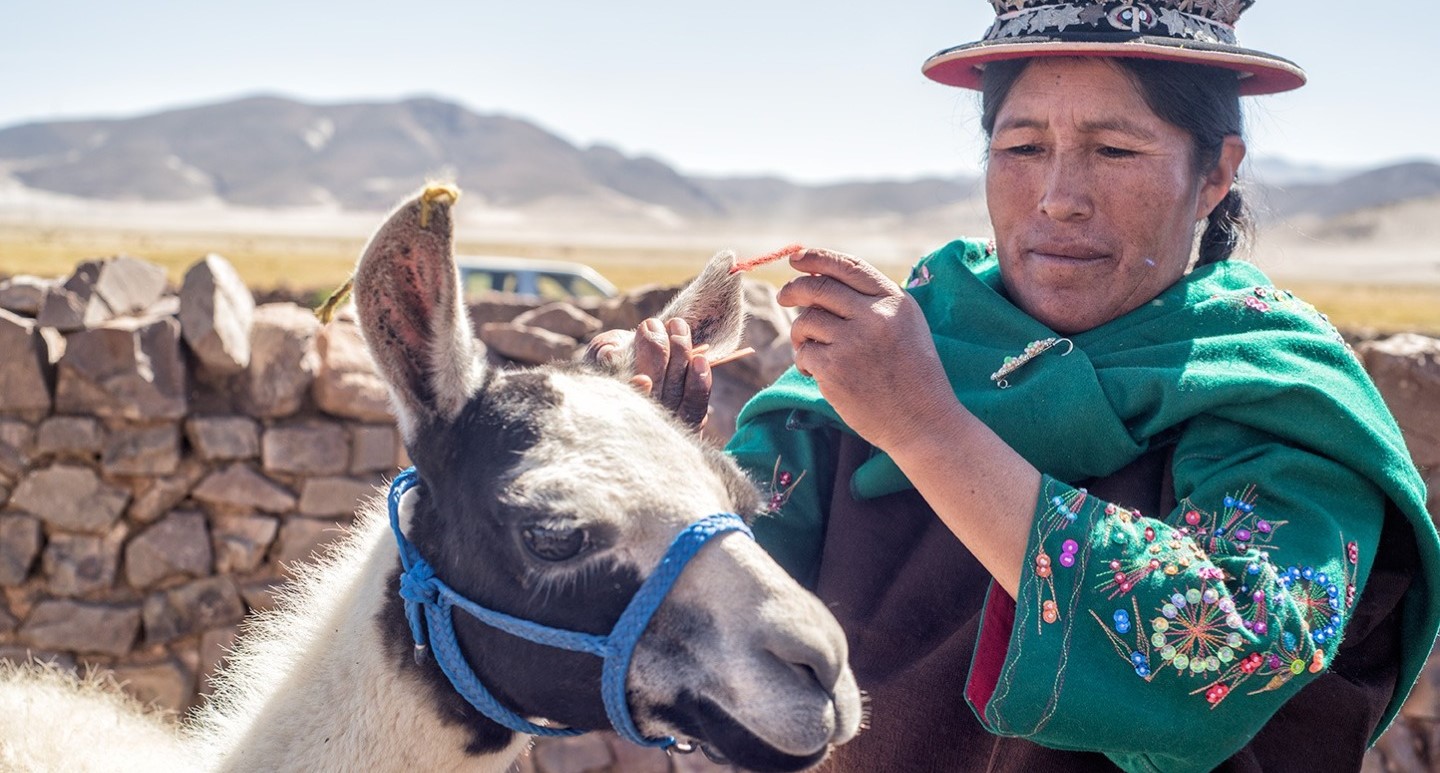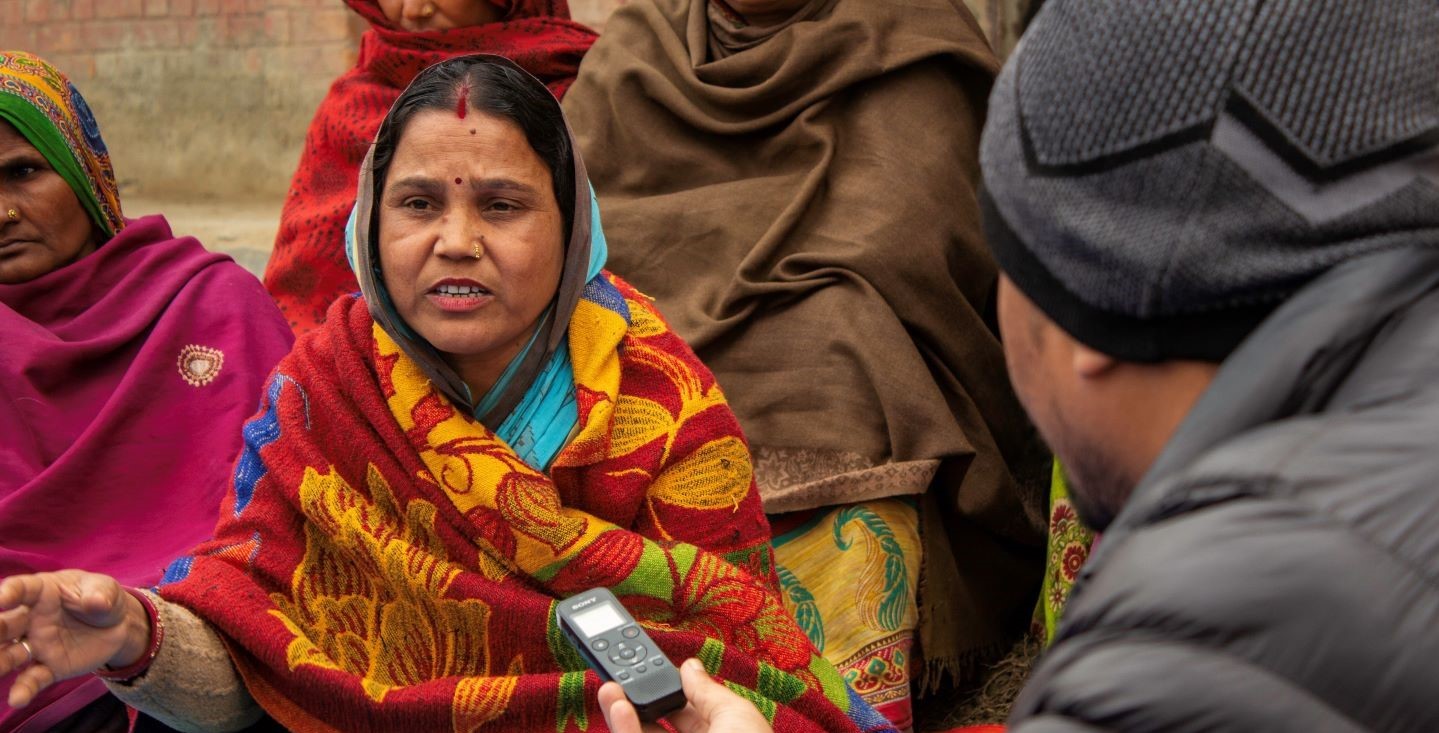Latest
Latest

Latest
Manual Submenu Topics
Search Results Filters
Search Results
Putting rural small-scale farmers at the centre of global climate negotiations – IFAD interactive events during COP26
Rural small-scale farmers are disproportionately impacted by climate change, yet seldom have a voice at global forums. At COP26, IFAD has created a space to hear their challenges and solutions. With more than 30 interactive events hosted at its pavilion, IFAD will highlight how small-scale farmers can adapt to a changing climate and ensure global food security.
What do the IPCC report’s findings mean for rural dwellers? Your questions answered
The IPCC report released in summer 2021 leaves no more room for ambiguity: the climate is changing, and it’s because of human activity. Here, we answer some of your questions about the report, why it’s important, and what its findings mean for some of the world’s most vulnerable populations.
Oysters and honey: The perfect combination for Senegal’s Delta of Saloum
The Delta of Saloum’s mangrove forest is rich in beauty and biodiversity, but it has suffered from years of deforestation, disrupting the area’s ecosystem and threatening the livelihoods of the area’s farmers and fishers. Recently, a collaborative project has begun to tackle both problems by funding a restoration of the mangrove and supporting local farmers’ associations.
IFAD report predicts steep drop in African staple crops by 2050, prompting urgent call for adaptation funding at COP26
Staple crops in eight African countries could decrease by as much as 80 percent by 2050 in some areas if temperatures continue to rise due to climate change, according to a report released today by IFAD.
What are nature-based solutions? Your questions answered
We believe nature-based solutions (NbS) are the key to helping the most vulnerable people adapt to the effects of climate change. But just what are NbS, and why do we think they’re so great?
Why invest in climate change adaptation? Your questions answered
It’s official: human-induced climate change is happening. Some of its effects are already being felt, and further impacts are inevitable. Alongside mitigating our greenhouse gas emissions, we need to help those already feeling the worst effects – particularly small-scale agricultural producers – adapt.
Adapt Now: Climate change and small-scale farmers – Episode 25
This month’s episode is all about the connections between small-scale farming and climate change as we approach the UN Climate Summit, or COP26, to be held in Glasgow.
Why COP26 matters for the world’s rural dwellers: A conversation with Jo Puri
In early November, top experts from around the world will meet in Glasgow for COP26, the biggest climate change conference since the Paris Accords. We caught up with climate scientist and IFAD Associate Vice-President Dr Jo Puri to ask her what COP26 is all about and what she hopes will emerge from it.
High-level UN delegation to visit farmers and review progress of rural development projects in Egypt
A high-level delegation of Executive Board members and senior staff of the International Fund for Agricultural Development (IFAD) began an official one-week visit to Egypt today, to observe the impact of IFAD's investments in the country.
The challenges and opportunities of investing in small-scale irrigation
Many countries in the Arab world rely on irrigation for their agricultural production. However, large-scale irrigation schemes have historically been difficult to manage. Small-scale schemes, when planned well from the outset, can be the solution.
High-level UN delegation to visit Egypt next week
A high-level delegation of IFAD's Executive Board members and IFAD senior staff will begin a five-day working visit to Egypt from 23rd to 28th of October and will meet with high level Government Officials and travel to IFAD-supported projects in the country to see progress and meet with community members and rural farmers.
Women are protagonists of change in Nicaragua’s rural areas
One after another, women who received support from the NICAVIDA project, repeat like a mantra: “I’m a protagonist”.
Ahead of global climate talks, public development banks join forces to boost investments in sustainable food systems
Responding to an urgent call to increase financing for the world’s poorest farmers who are hardest hit by climate change, a group of Public Development Banks (PDBs) stepped up their commitment to accelerate green investments in agriculture during today’s Finance in Common Summit.
Finance as a driver of food systems transformation: A new role for Public Development Banks?
One major obstacle to realizing sustainable and inclusive food systems is a lack of sufficient and appropriate financing. Recent estimates suggest that transforming food systems to deliver healthy people, a healthy planet, and a healthy economy will require an extra US$300 – US$350 billion per year for the next decade.
Leading from the front - How rural women across South Asia are inspiring their communities
From the fields they sow to the harvest they reap and the cattle they raise – women are the backbone of farming in South Asia. Yet, their contributions often remain invisible, and they are denied access to resources and a voice in decisions.
Invest in gender equality to reduce climate change impacts on world’s poorest, says IFAD President on the International Day of Rural Women
We need a significant boost in investments to close the gender gap otherwise rural communities will never bounce back from the impacts of climate change, warned Gilbert F. Houngbo, the President of IFAD, on the International Day of Rural Women.
Changing lives by transforming gender norms
Women are major contributors to the rural communities where IFAD works but they continue to face barriers that inhibit their – and their families’ – livelihoods. Compared with men, women have less access to resources and services – including land, finance, training, inputs and equipment. In addition to their agricultural work, they are overburdened with domestic chores and caring tasks.
To achieve the SDGs we must first transform how we feed the world
This year we commemorate, for the second time, World Food Day held under pandemic conditions. The theme is Our Actions Are Our Future. It’s time to ask what actions we must take to build that better future, in which food is produced sustainably and efficiently, providing good nutrition to all, while protecting the environment.
The woman who walks with llamas
Thousands of Bolivian families, particularly in the Altiplano, the high-plateau region of the Andes where Chaquilla is located, depend on breeding camelids for their livelihoods.
Celebrating rural women's voices - Rural women speaking out for change through community radio in Nepal
On the International Day of Rural Women (IDRW), 15 October, we celebrate rural women and girls worldwide and recognize the crucial role they play in contributing to sustainable food systems and rural development.
